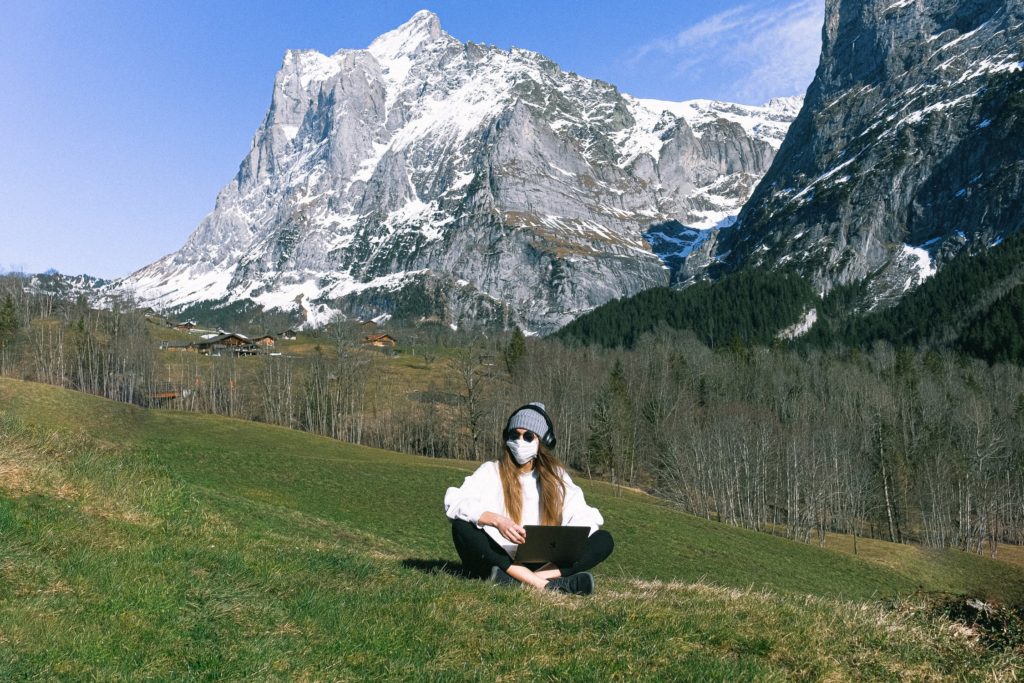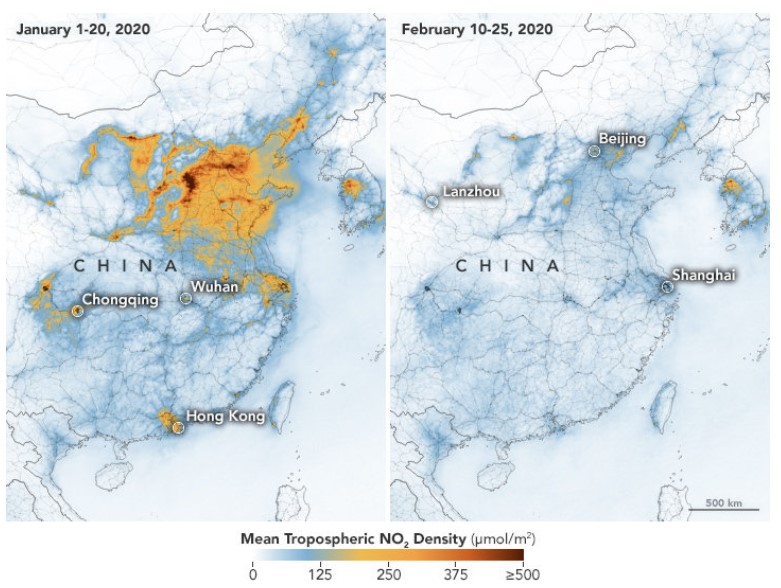Legacy: COVID-19’s Impact on the Environment
- Go Green Go
-
Apr 01
- Share post

Legacy (noun): something received from the past or transmitted from an ancestor or predecessor
It’s hard to think of any aspect of our daily lives that won’t be profoundly affected by COVID-19. Articles and news reports dated before February 2020 have been rendered practically irrelevant. We must reconsider virtually all matters of existence in light of the virus. Finance and the economy, public health, politics, and basic human contact come to mind almost immediately.
Of course, it’s how we respond to the virus that will determine where we go from here. There will be economic and personal repercussions, no matter what. Analogies to the Great Depression may be more apt than those to the Great Recession of twelve years ago.
It’s a paradigm shift for all of us, and in many ways. Matters of the environment, including climate change, may not be foremost on Americans’ minds these days, but the lasting impact will be no less sweeping.
We have already seen one policy change that will undoubtedly affect the environment: the Environmental Protection Agency (EPA) has dramatically relaxed oversight activity. This significant abatement of environmental rules in response to the pandemic will allow factories, power plants, and other facilities to determine for themselves whether they can meet legal requirements on reporting water and air pollution. Such pollution includes greenhouse gas emissions that cause global warming.
The new policy redefines guidelines for companies to self-monitor for an undetermined period of time during the outbreak. The result is that the EPA will not issue fines for some violations of air, water, and hazardous waste reporting and documentation requirements.
This relaxation of environmental rules is called by some, “an open license to pollute.” It’s all the more alarming because it is for that undetermined time period.
This relaxation of environmental rules is called by some, “an open license to pollute.” It’s all the more alarming because it is for that undetermined time period. Most concerning of all is that reports of this news slipped nearly unnoticed under the radar as other Coronavirus news took center-stage. One wonders what event will trigger the impetus for the Agency to resume its duty to protect the environment. It will likely take a lawsuit or other act of Congress.
There is some good news, although it’s likely only temporary. According to a CNN report, the near-cessation of economic activity in parts of China has dramatically reduced nitrogen dioxide, carbon dioxide, and other emissions in China during January and February of this year. Expectations are that the same phenomenon may occur as the output of goods and services is disrupted in Europe, India, and the United States. This, in spite of the EPA’s abdication of duty. If only we could keep pollution levels low when transportation and manufacturing begin to rebound.

Another indication of hope is that after three and a half years of disdain and willful ignorance, the Trump Administration and its supporters are finally listening to scientists. This is not to say that such advice is taken easily or even graciously, but regarding COVID-19, when the scientists speak, the people have been listening.
Setting aside for a moment the missing six weeks where the threats were initially dismissed, leading to the crisis where we now find ourselves, science and health officials have since, by and large, been able to get their points across. Their modeling is proving accurate and their mitigation criteria are mostly being followed. Now, besides the mitigation, we find ourselves relying on the science to provide better testing, safe and effective treatment, and we hope, a safe and effective vaccine.
The fact that the science is proving accurate during the COVID-19 crisis bodes well for the climate crisis as well. It is at least a hopeful possibility. If we can believe the virus infection modeling that took weeks and months to develop, why not the climate modeling that has taken years and decades? Granted climate change is a slow-moving disaster, whereas the coronavirus crisis is taking place before our eyes at lightning speed. Yet the train-wreck we call climate change was evident and in our faces in Brazil, Australia, California, and the Bahamas in just recent months.
Life is going to change due to COVID-19. And it will for climate change. The legacy: the long-term changes, will be less drastic and more positive in each case, if we do the right things now.
Contributed by:
Dan Horvath
Blogger and Executive Committee Member, Sierra Club Portage Trail Group
See Their Go Green Go Profile Here
Photo by: Anna Shvets
Graphic map by: NASA
